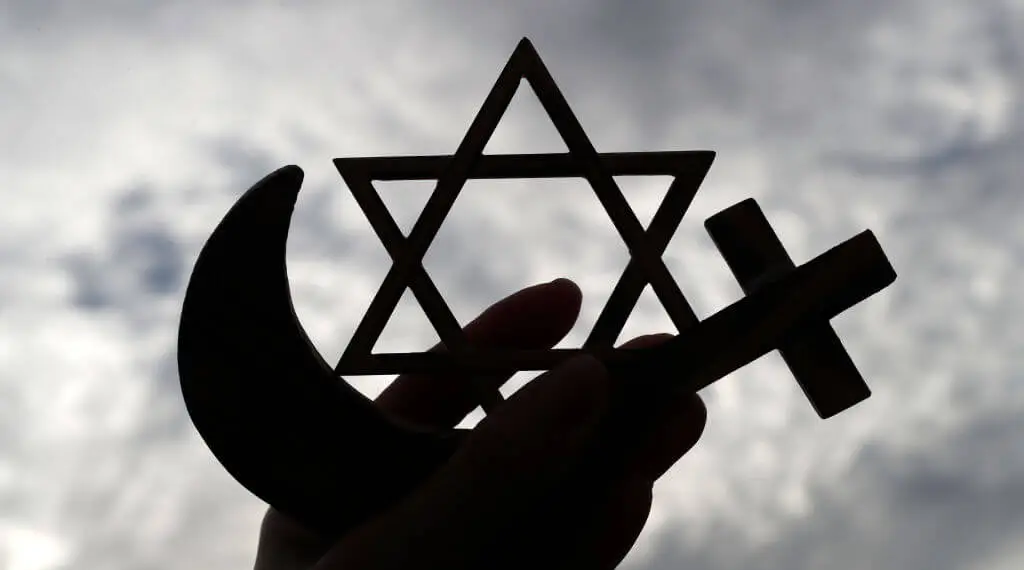International Human Solidarity Day, observed on December 20 each year, is a reminder of the importance of unity, collaboration, and mutual support across diverse communities worldwide. The day advocates for equality, social justice, and the recognition of the intrinsic dignity of all human beings. The theme for International Human Solidarity Day 2024 is “Our Future Rests on Solidarity”. This day holds special significance for Jammu and Kashmir as the region, once marred by conflict and division, is now experiencing an era of healing, interfaith harmony, and social cohesion. It offers an opportunity to reflect on the remarkable strides made in promoting solidarity among diverse religious communities within the Union Territory and envision a future where peace and mutual respect continue to grow. Jammu and Kashmir, historically a land of diverse faiths, has always been known for its rich cultural and religious plurality. The region is home to Hindus, Muslims, Sikhs, Buddhists, and other religious communities, each with unique traditions and practices. The region’s sacred sites, such as the Shankaracharya Temple and Hazratbal Shrine in Srinagar, represent the deep reverence for Hinduism and Islam. Religious festivals like Diwali, Eid, and Christmas are celebrated together, showcasing the unity among the different faiths. However, the history of J&K has also been marked by periods of discord and conflict, especially during the 1990s when the Kashmiri Pandit community faced displacement due to the insurgency, fracturing the region’s harmonious social fabric. The abrogation of Article 370 in 2019, which revoked the area’s special status, has provided new opportunities for peacebuilding, community reconciliation, and interfaith collaboration.
In the years following the political changes in Jammu and Kashmir, efforts have been made to restore peace, rebuild relationships, and create a foundation for lasting harmony. Local initiatives focused on dialogue between religious communities have been pivotal in nurturing understanding and empathy. Across the Union Territory, community-led programs have been aimed at bridging the gaps that once separated various religious groups. Interfaith dialogues have brought together leaders from different faiths to discuss shared values and mutual respect, which has helped to reduce tensions and foster trust. These dialogues are crucial, as they allow people to address misunderstandings, overcome prejudices, and come together in the spirit of human solidarity. People from all religious backgrounds are coming together to rebuild homes and the region’s social fabric. Moreover, the government has taken significant steps toward ensuring all communities’ inclusion in Jammu and Kashmir’s socio-economic development. For instance, Mission Youth has provided training and employment opportunities to young people from all religious and ethnic backgrounds, and the Jammu and Kashmir Rural Employment Generation Programme has focused on creating jobs in rural areas, benefiting all communities. These initiatives have allowed people from diverse communities to collaborate on projects that contribute to the region’s overall prosperity, highlighting the importance of collective action in achieving common goals. This focus on inclusive growth has been instrumental in promoting human solidarity, as it emphasises shared objectives over differences.


